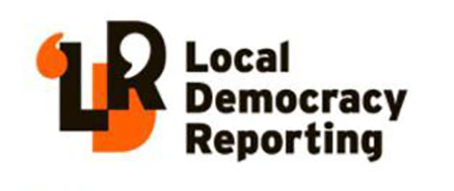New Zealand's numeracy and literacy rates have been declining for the past two decades but Perreau worried efforts to turn that around were at the expense of other important lessons.
"We are watching with concern, as social studies teachers, as a community, how schools are making decisions to reduce the number of lessons in a week or a fortnight that teachers have allocated to teaching social studies."
Perreau said while the focus was on core subjects, social studies – which comes under the social sciences curriculum – taught students about being engaged and responsible citizens.
"I'm concerned that it doesn't have the status that it should have, because it is incredibly essential to learning how to understand and function in society," Perreau said.
"Why there is politics and tension, how you can understand diversity and tolerance, working and living together in a society that does have quite major differences, but that those differences don't have to erupt into violent conflict.
"Those are skills young people need as they move into the workplace, into relationships, flatting and all sorts of ways of communicating and being in the world."
For her doctorate, Perreau interviewed 13 young social activists around the country and looked at the role of formal and non-formal education in bringing about change.
"Learning those skills early on in a really supportive environment with a teacher who understands how to do that in a classroom, and making it relevant and authentic, to especially [the] local community, is a really good way to have young people growing up feeling empowered to be involved in communities."
Ministry of Education deputy secretary Ellen MacGregor-Reid said the ministry was aware of concerns surrounding the "crowding out" of certain aspects of the National Curriculum.
"Literacy and numeracy are important but young people need a rich broad curriculum that is inclusive of both these learning areas," MacGregor-Reid said.
"We are working to refresh the National Curriculum and make the curriculum and assessment resources easier to access and use. This will help teachers and school leaders better balance learning across the breadth of the curriculum."
She said broad and foundational social science subjects such as history, geography and social studies were optional in Year 11, and senior students had the opportunity to specialise across social science subjects such as classical studies and psychology.
"At this stage there are no plans to make other learning areas or subjects compulsory."
MacGregor-Reid said history and social studies sat within the social sciences area of the New Zealand Curriculum, and equivalent learning sat within Tikanga ā-Iwi within Te Marautanga o Aotearoa.
"This approach – subjects within learning areas – help students make connections across and within learning. For example, civics education concepts can be explored as part of a history course, or a media studies course.
"This flexibility and ability to tailor learning to local contexts is a strength of the New Zealand education system."


